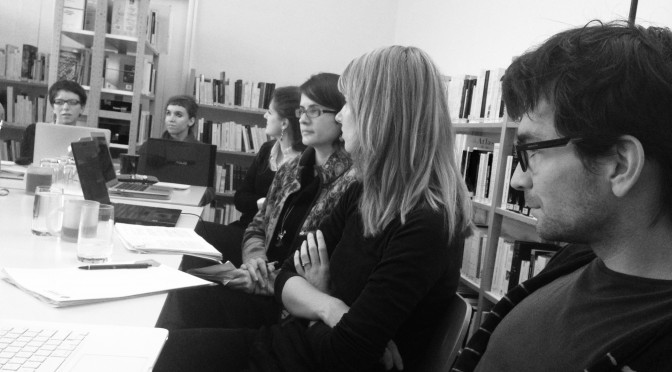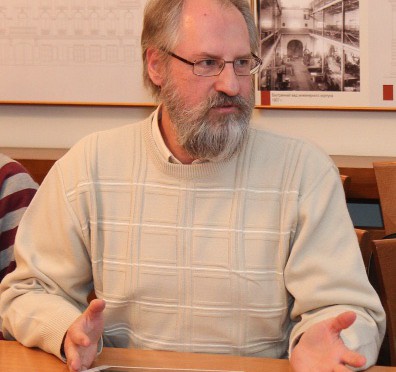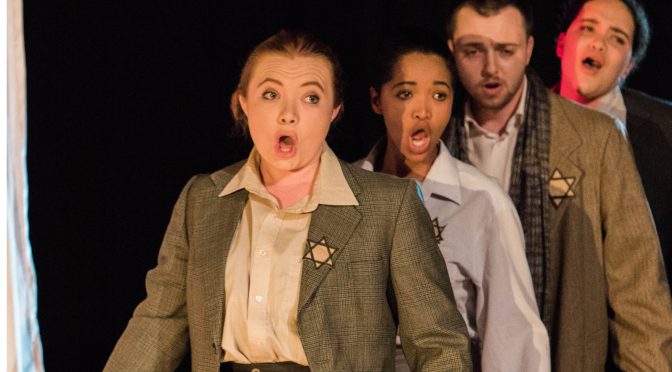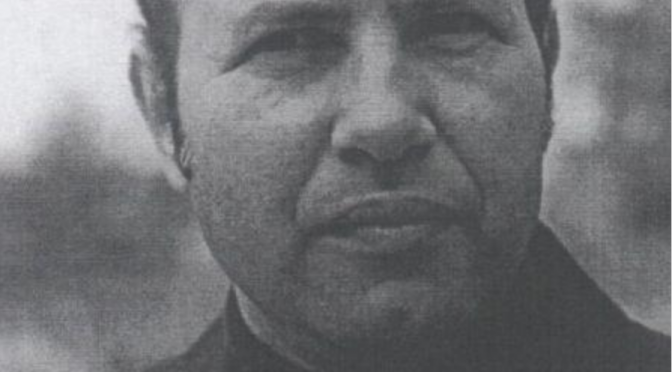
Není pochyb o tom, že interdisciplinarita proměňuje disciplíny, ale charakter této transformace je stále třeba zkoumat. V tomto semináři budeme diskutovat tyto a další palčivé otázky související s povahou interdisciplinarity. Zaměříme se tak na přísliby a nástrahy spojené s interdisciplinaritou – jakožto praxe, diskurzu a imperativu ve vědecké činnosti.
Texty představí:
15. října – Filip Vostal
29. října – Lara Bonneau (16:30 – 18:00)
12. listopadu – Cécile Guillaume-Pey a Monika Brenišínová
26. listopadu – Mátyás Erdélyi
10. prosince – Edita Wolf a Jana Vargovčíková
Moderátor: Filip Vostal (CEFRES & FLÚ AV ČR).
Jazyk: angličtina.
Místo konání: CEFRES, Štěpánská 35, 5. patro

Přednáška profesora Dmitryho Anatolyeviche Funka (ředitele Ústavu etnologie na Státní moskevské univerzitě).
Přednáška proběhne v rámci doktorského programu v oboru antropologie na Pécské univerzitě, jako součást přednáškového cyklu za podpory Maďarské akademie věd, FMSH a CEFRESu.
Místo: PTE BTK, Ifjúság útja 6. D épület D/425 terem, Pécs, Maďarsko.

Přednášku v rámci semináře o soudobých dějinách Židů organizovaného Ústavem pro soudobé dějiny AV ČR ve spolupráci s Masarykovým ústavem přednese Lisa Peschel (Univerzita v Yorku).
Místo: knihovna CEFRESu, Na Florenci 3, 110 00 Praha 1
Čas: 17:00-18:30
Jazyk: angličtina
Abstrakt
 V rámci 40ti měsíčního projektu “Performing the Jewish Archive” jsme experimentovali s novým stylem představení (nazvaným stylem “co-textuálním”), abychom podnítili intenzivnější zapojení diváků do hry. Opětovným studováním scénářů napsaných židovskými autory během druhé světové války jsme se utvrdili v tom, že je historický kontext jedním z nejdůležitějších aspektů divadelních her. Myslíme si proto, že dnešní divák může být plně zapojen do hry, jen když zná historické pozadí událostí. Jak ale můžeme historický kontext divákovi nejlépe prezentovat? Navrhli jsme, aby scény týkající se historie, které jsme prezentovali jako “co-texty” – tedy texty začleněné do scénáře a neméně důležité jako scénář samotný – byly více využity v ději (což se neděje v tradičních předmluvách před představeními a tyto texty se neobjevují ani v poznámkách v programu). Na této přednášce bude Lisa Peschel popisovat, jak se nám podařilo vytvořit tento styl “co-textuálního představení” a jak jsme testovali jeho vliv na publikum.
V rámci 40ti měsíčního projektu “Performing the Jewish Archive” jsme experimentovali s novým stylem představení (nazvaným stylem “co-textuálním”), abychom podnítili intenzivnější zapojení diváků do hry. Opětovným studováním scénářů napsaných židovskými autory během druhé světové války jsme se utvrdili v tom, že je historický kontext jedním z nejdůležitějších aspektů divadelních her. Myslíme si proto, že dnešní divák může být plně zapojen do hry, jen když zná historické pozadí událostí. Jak ale můžeme historický kontext divákovi nejlépe prezentovat? Navrhli jsme, aby scény týkající se historie, které jsme prezentovali jako “co-texty” – tedy texty začleněné do scénáře a neméně důležité jako scénář samotný – byly více využity v ději (což se neděje v tradičních předmluvách před představeními a tyto texty se neobjevují ani v poznámkách v programu). Na této přednášce bude Lisa Peschel popisovat, jak se nám podařilo vytvořit tento styl “co-textuálního představení” a jak jsme testovali jeho vliv na publikum.
17h Inaugurace nových prostor CEFRESu
Na Florenci 3, Praha 1 (pro pozvané)
Velvyslanec Francouzské republiky v ČR Jeho Excelence pan Jean-Pierre Asvazadourian, předseda Akademie věd České republiky profesor Jiří Drahoš a rektor Univerzity Karlovy v Praze profesor Tomáš Zima.
18h Recepce na Francouzském velvyslanectví
Velkopřevorské náměstí 2, Praha 1 (pro pozvané).

Přednáška Clary Royer (CEFRES) v rámci semináře Soudobé dějiny Židů, který pořádá Ústav pro soudobé dějiny AV ČR a CEFRES ve spolupráci s Židovským muzeem.
Kde: knihovna CEFRESu, Na Florenci 1420/3, Praha 1
Kdy: 17:00 – 19:00
Jazyk: anglicky
Anotace





